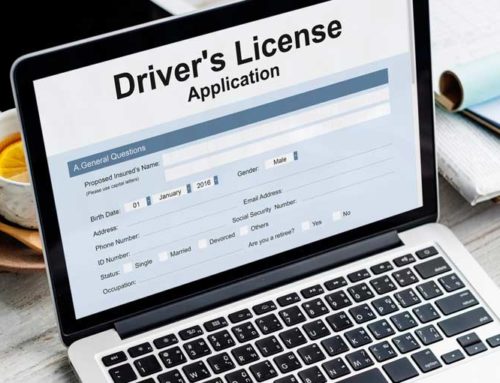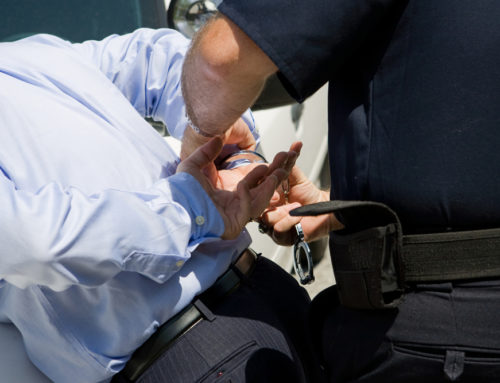DUI Blood Draw May Require Officer to Obtain a Search Warrant
It is common for an Officer to request a blood sample from a person who has been in an accident and is suspected of DUI. A suspect in this situation still has the right to refuse that blood test. However, in certain situations an Officer may take a nonconsensual blood sample. In Missouri v McNeely, the Court finds that an officer may be required to obtain a search warrant before taking this nonconsensual blood sample. If you have been charged with a DUI, contact a Rock Hill DUI attorney at Pisarik Law Firm to discuss your DUI defense. 803-415-2733.
Case:
Missouri v. McNeely, 133 S.Ct. 1552 (2013)
Issue:
The question presented in Missouri v. McNeely is whether the body’s natural metabolization of alcohol in the bloodstream presents a per se exigency that justifies an officer drawing blood from a suspect in a drunk driving case without first securing a warrant.
Facts:
A Missouri police officer stopped Tyler McNeely’s truck after observing McNeely’s truck speeding and repeatedly crossing the centerline. The officer noticed several signs that McNeely was intoxicated. After a poor performance on field sobriety tests and declining to use a portable breath-test device, the officer placed McNeely under arrest.
While taking McNeely to the police station, McNeely indicated he would again refuse to provide a breath sample. At that point, the officer changed course and took McNeely to a nearby hospital for blood testing. The officer did not secure a warrant and McNeely refused to give a blood sample. The officer then directed the hospital lab technician to take a blood sample which was measured to have a blood alcohol content of .154%. The Officer charged McNeely with DWI.
Holding:
The Supreme Court ultimately held that the natural metabolization of alcohol in the bloodstream does not present a per se exigency that justifies an exception to the Fourth Amendment’s warrant requirement for nonconsensual blood testing in all drunk-driving cases. The Court further found, “consistent with general Fourth Amendment principles, that exigency in this context must be determined case by case based on the totality of the circumstances.”
This decision leaves the door open to challenges about whether an officer was required to secure a warrant prior to a nonconsensual blood draw. Those challenges will need to be decided by trial judges on a case by case basis. However, the Court appears to suggest that in the modern age of cell phones, officers should not have a problem securing a warrant prior to a nonconsensual blood draw. The Court also points out that sufficient time to secure a warrant may be created because a suspect must be transported to a facility before they can have their blood drawn.
A DUI attorney at Pisarik Law Firm can talk to you about the best course of action for your DUI defense
Just because you have been charged with DUI in South Carolina doesn’t mean that you are guilty.
Contact an experienced DUI attorney at Pisarik Law Firm today to discuss your case. Initial consultations are free of charge. 803-415-2733






